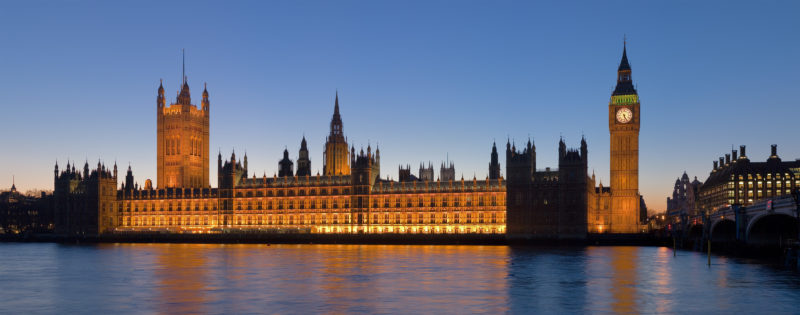Yasmin Qureshi Labour Member of Parliament for Bolton South East

On 8 January, the House of Commons voted on New Clause 6 of the Withdrawal Agreement Bill (WAB).
This amendment would have allowed Parliament to scrutinise and vote on the UK-EU future relationship. It would have also ensured that there was democratic oversight over the process and kept it in the light of day.
Despite this, New Clause 6 was defeated by 347 votes to 251. Conservative and DUP MPs voted-away MPs’ rights to scrutinise this monumentally important process in an act of fealty to Boris Johnson.
I voted in favour of the amendment, in line with my consistent advocacy for increased parliamentary scrutiny over trade deals and international agreements. This country has a significant democratic deficit when it comes to trade deals, but, unfortunately, this Government has no interest in tackling it.
The UK will leave the EU on 31 January. But that will only be the first step. The difficult stage is yet to come; agreeing new relationships on trade, security and issues from data sharing to research collaboration and more. The decisions over our future relationship with the EU will have consequences for generations. I do not think that this is the time to lock Parliament out of decision making or diminish its role in scrutinising the Government.
I can assure you that I will continue to push for greater democratic scrutiny over these incredibly important and far-reaching trade deals.
